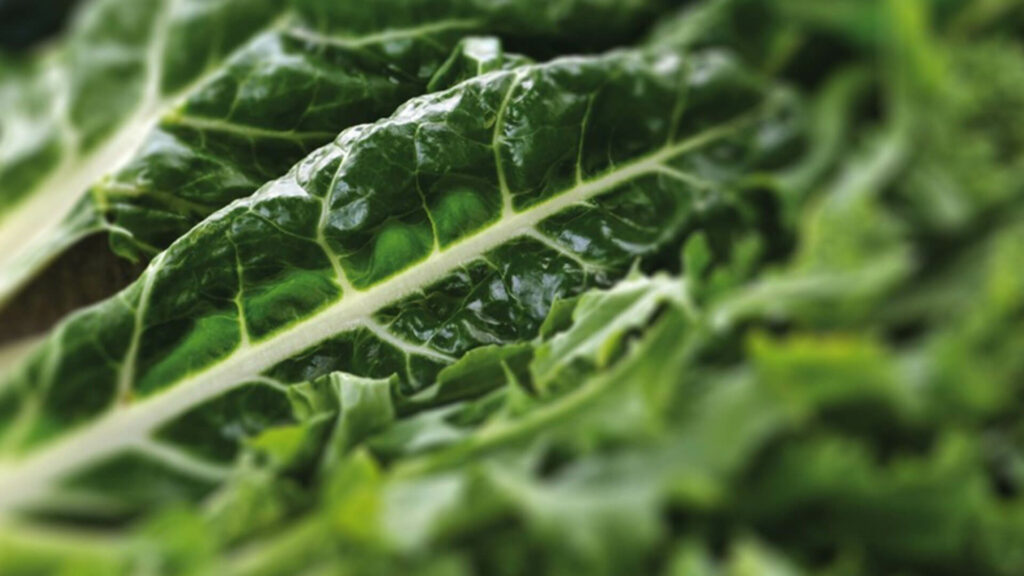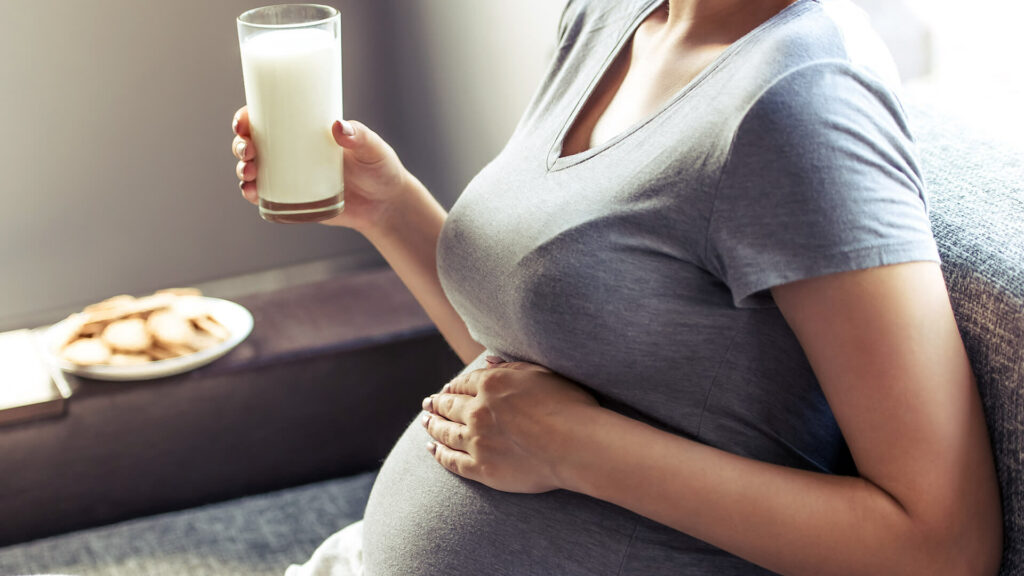Iodine is an essential mineral found in seafood, dairy foods, eggs and other food sources. It has a vital role to play in your everyday health and the incredible journey your baby takes from conception to birth.
Iodine is a necessary element in the production of thyroid hormones. These hormones affect the way your cells function, influencing the body’s processes, such as metabolism, physical development and hearing. Despite being present in many foods, iodine deficiency is still a health concern in many places. In Australia and New Zealand, it is recommended that pregnant women get 220µg of iodine per day.
Most foods are relatively low in iodine. Seafood is a good source of iodine, as well as eggs and some dairy products. Australian and New Zealand governments have made it a requirement for iodised salt to be used in all breads (except organic) to help improve dietary iodine intake.
It is recommended for pregnant and breastfeeding women in Australia and New Zealand that a healthy diet including dietary sources of iodine is supplemented with a 150µg iodine supplement each day to ensure iodine sufficiency for mother and baby. Many pregnancy multivitamins already include sufficient iodine, therefore speak to your health care professional to discuss your individual needs for an iodine supplement.
You might be interested in


